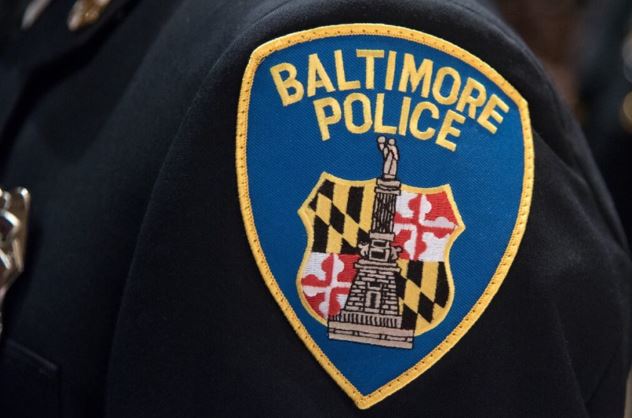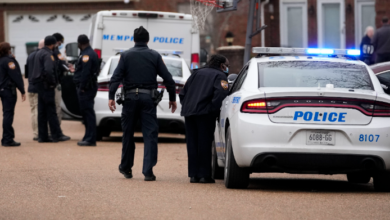Baltimore Police Department’s New Focus: Mental Health in Law Enforcement Training

In a transformative move, the Baltimore Police Department is implementing a new training program that emphasizes mental health, both within its ranks and in interactions with the community. This initiative marks a significant shift in the department’s approach, aiming to address past issues of corruption and violence while fostering a more empathetic and understanding law enforcement body.
The New Training Program
The program, developed in collaboration with the anti-violence organization Roca, is centered around emotional regulation and brain science. It utilizes an eight-hour course called Rewire, which is designed to help officers understand the connections between thoughts, actions, and feelings. This training is seen as a critical step in reshaping the department’s approach, focusing on the mental wellness of officers as well as improving their interactions with individuals suffering from mental illness. The Baltimore Police Department joins several other East Coast departments, including Boston PD, in adopting this innovative training approach.
Changing Perspectives
The training involves interactive sessions where officers are encouraged to rethink their perceptions of mental health. In one exercise led by Elizabeth Wexler at the Baltimore City Police Training Academy, cadets are asked to associate words with mental health, leading to a discussion that challenges stereotypes such as aggression and instability often linked to mental illnesses. This exercise is part of a broader effort to change the long-standing dynamics between police and the community, especially in handling situations involving mental health issues.
Broader Implications
The Baltimore Police Department’s shift towards a more empathetic and mental health-focused approach reflects a growing trend in law enforcement across the nation. By prioritizing the mental wellness of officers and educating them on the nuances of mental health, the department aims to foster a more compassionate and effective policing strategy. This move is not only expected to improve interactions with the community but also to enhance the wellbeing and performance of the officers themselves.
The adoption of this program by the Baltimore Police Department is a significant stride towards modernizing police training, emphasizing the importance of mental health awareness in law enforcement. It represents a progressive change in attitude, one that could potentially serve as a model for other departments seeking to reform their practices and improve community relations.





